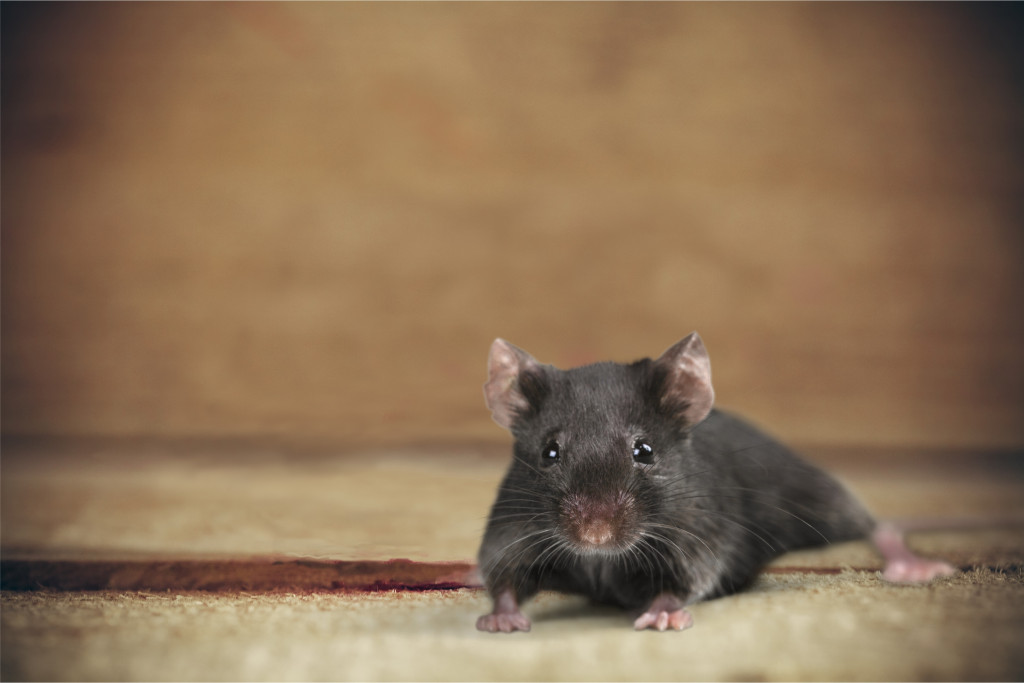Pest infestations can be a nuisance, making your home uncomfortable and unsanitary. According to the National Pest Management Association, pests cost American homeowners billions of dollars in damage each year. If you’re moving into a new home, preventing pest infestations before they start is essential.
You can take some simple steps to deter pests from making themselves at home in your new house. Here are some tips to help you get started.
1. Inspect your new property.
You should start this task by thoroughly inspecting the property, both inside and out. Look for any cracks or crevices that could provide an opening for pests to enter. Pay close attention to the foundation, basement, and attic, as these are common entry points for many pests. It would be best to seal off these areas to prevent pests from getting inside.
You also want to check the condition of screens on doors and windows. Make sure there are no holes or tears that could allow pests to enter. If you find any damage, have the screens repaired or replaced. It would help if you also inspected the weather-stripping around doors and windows to ensure it’s in good condition.
If you are unsure how to inspect your new property, you can always hire a professional pest control company to do it for you. They will be able to identify any potential problem areas and offer solutions for keeping pests out.
2. Keep your kitchen clean
Food attracts pests, so it’s essential to keep your kitchen clean. Wipe down counters and tables after every meal. Sweep the floor regularly, and don’t forget to vacuum and mop. Doing this will remove any crumbs or food scraps that could attract pests.
You also want to make sure you’re properly storing food. You should store all food in airtight containers, and perishable items should be kept in the fridge. It would be best to keep your garbage can cleaned and emptied regularly. This will help to discourage pests from hanging around your kitchen.
When you’re cooking, be sure to clean up any spills immediately. Pests are also attracted to the smell of food, so they may come into your home if they catch a whiff of something cooking. Use exhaust fans to help remove cooking odors from your home.

3. Maintain your landscaping
Pests are attracted to overgrown landscaping. They’ll use tall grass and weeds as hiding places and nest in trees and shrubs. To help deter pests, keep your lawn trimmed and your landscaping well-maintained. If you have any trees or shrubs on your property, cut them, so they’re not touching your home. This will remove any potential hiding places for pests.
You should also remove dead leaves, twigs, or debris from your property. You don’t want to give pests a place to nest. If you have a compost bin, ensure it’s properly maintained and doesn’t attract pests.
A professional landscaper can help you to create a pest-resistant landscape. They’ll know which plants are less likely to attract pests and can help you to create a landscape that will deter them. Ask your landscaper for recommendations on how to keep pests away from your home.
4. Keep your home free of clutter
Just like any other type of animal, pests like to nest in places that are dark and cluttered. To deter them, you want to keep your home free of clutter. Store any unused items in plastic bins with tight-fitting lids. Don’t leave clothes or other items lying around on the floor. Keep your closets and drawers clean and organized, so pests don’t have anywhere to hide.
If you have any areas of your home that tend to get cluttered, make an effort to declutter them regularly. You may want to designate a day each week to declutter your home, so it doesn’t get out of control. Involve your family in decluttering and ask them to help you keep the house clean. The more organized your home is, the less likely it is to attract pests.
5. Use pest-resistant materials
Finally, when making any home improvement, you should use pest-resistant materials. For example, when doing any construction, use pest-resistant lumber and seal any cracks or holes with caulk. Use tile or linoleum instead of carpet if you’re putting in new floors. Carpet is a breeding ground for pests and can be challenging to clean.
Think about the materials you’re using for your home and whether or not they could attract pests. If you’re not sure, ask a professional for advice. They can help you to choose the best materials for deterring pests.
Pests can be a big problem, but there are things you can do to deter them. By keeping your home clean, maintaining your landscaping, and using pest-resistant materials, you can help to prevent pests from taking over your home. With a little effort, you can keep your home pest-free.
